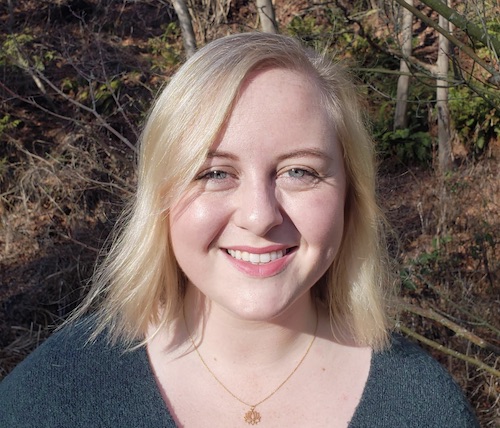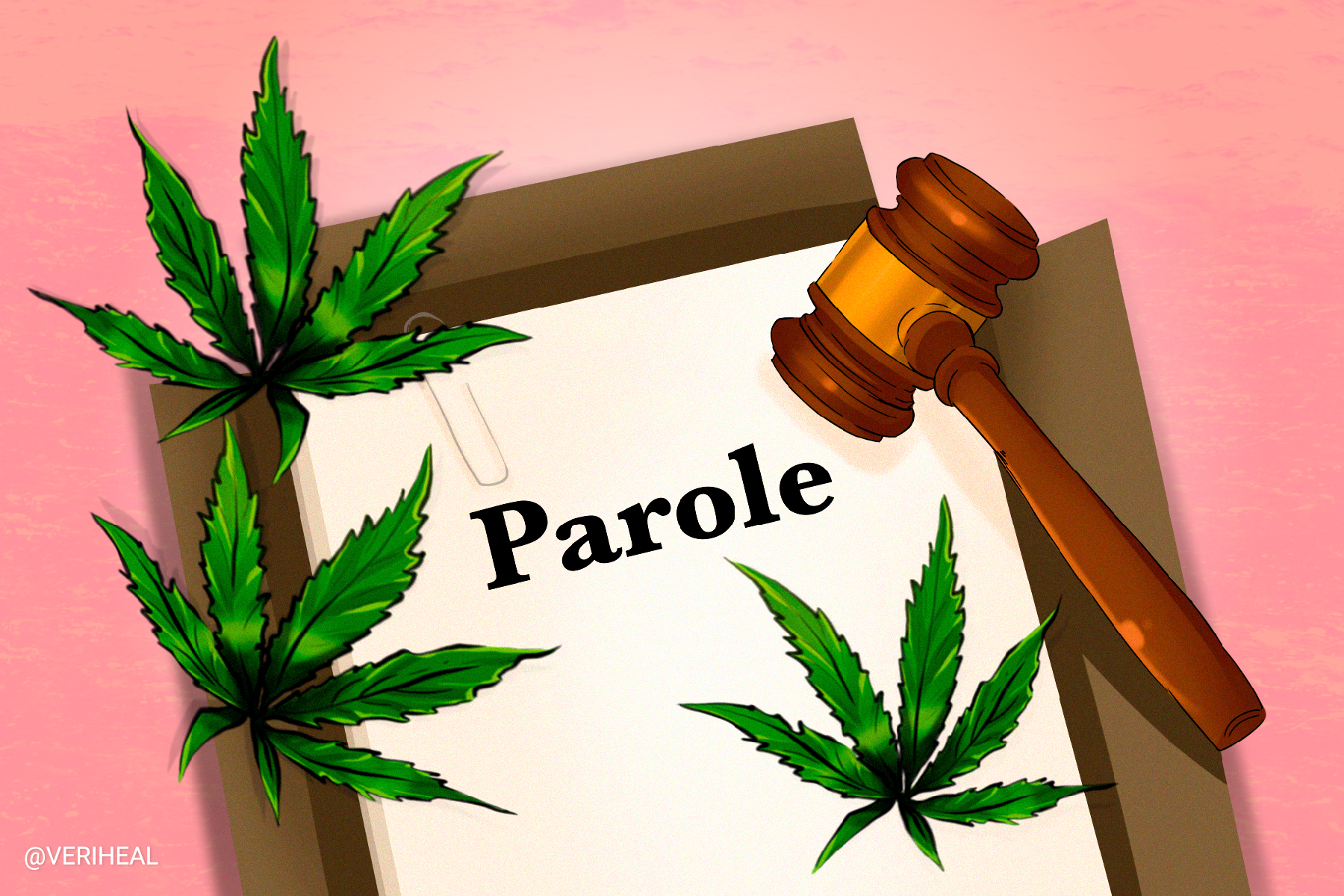As a cannabis coach, I talk to many people who are seeking information about cannabis to improve their health and their lifestyle. Through these conversations, I am able to capture first-hand stories about how current cannabis policy impacts their lives – both positively and negatively. For many patients, especially those in states where cannabis access has been extended to both medical and recreational markets, patients are now better served than they used to be.
However, there are other patient populations who continue to be underserved based on the cannabis policy where they reside and/or their criminal record. Through my conversations, I have learned that one of the underserved populations includes parolees, the men, and women who have been released from jail on parole. In many jurisdictions, parolees are unable to access medical cannabis because of their criminal record. Often, judges and parole officers work in tandem to ensure that parolees are not partaking in cannabis consumption, even if they have an authorized medical marijuana card.
I believe this policy is one of the injustices being perpetuated in today’s criminal justice system. In this article, I will showcase some of the existing policy that dictates whether or not parolees have access to medical cannabis in their region. I will also provide commentary on why I think we need to extend legal cannabis rights to the men and women on parole.
Medical Cannabis and Parolees in the United States
As we would likely expect, considering the patchwork of cannabis laws that exist throughout the United States, the policy dictating whether or not parolees can legally consume medical cannabis differs state by state.
In certain states, people on parole are able to consume cannabis with a medical authorization card. For example, this has been the policy in Washington State since 2014. Other states, including Michigan, have only recently extended this right to their residents on parole; Michigan law finally extended medical cannabis access to parolees in February of this year.
And yet, in other regions, people on parole are prevented from accessing medical cannabis. In Pennsylvania, for example, a judge ruled in 2020 that Pennsylvanians are not permitted to consume medical cannabis within the law. He cited the federal prohibition of cannabis and the lack of medical consensus on the efficacy of cannabis as the reason for his decision.
Why You Should Get Your Medical Marijuana Card
Veriheal has satisfied millions of patients nationwide by giving them access to these benefits
- Larger purchase limits
- Peace of mind
- Enhanced legal protection
- Access to higher potency strains
- Save up to 25% on cannabis purchases
- Skip the line at the dispensary
This situation highlights how the people upholding the criminal justice system still see cannabis through the lens of stigma. They view cannabis as a drug, something that they should remove from people’s reach, rather than seeing cannabis for what it is… a medicine that helps many patients feel better. I hope that in the future, our leaders will audit their long-standing negative frame on cannabis and realize that preventing parolees from accessing cannabis is doing more harm than good.
Opening Up Access Correlates to Rehabilitation
Giving parolees the right to consume medical cannabis is, of course, important for the individuals themselves. But it is also valuable for our society, at large. Consider the amount of trauma that has likely been experienced by someone on parole; they have spent time in jail and experienced the trauma that is inherent in the prison system.
Shouldn’t we allow people who have lived through trauma to use the plant and heal their past and present?
And, more broadly, wouldn’t this be an asset to our society, to ensure that the people that are living within our communities have what they need to keep their mind and body healthy?
Because when people are healthy and thriving, they are able to show up for themselves, their families, and their community.
If you have read some of the other articles on this website, then you know that for many Americans, cannabis is a medicine they rely on to keep themselves healthy, balanced, grounded, and happy. As such, I advocate for open cannabis access, especially in medical cases. This access absolutely needs to be extended to individuals on parole.
America is supposed to be the place where everyone has the right to the pursuit of happiness. People on parole deserve this right, too. It’s high time that we demand medical cannabis access for parolees working hard to re-enter society and reclaim their lives.
Author, Share & Comments
















